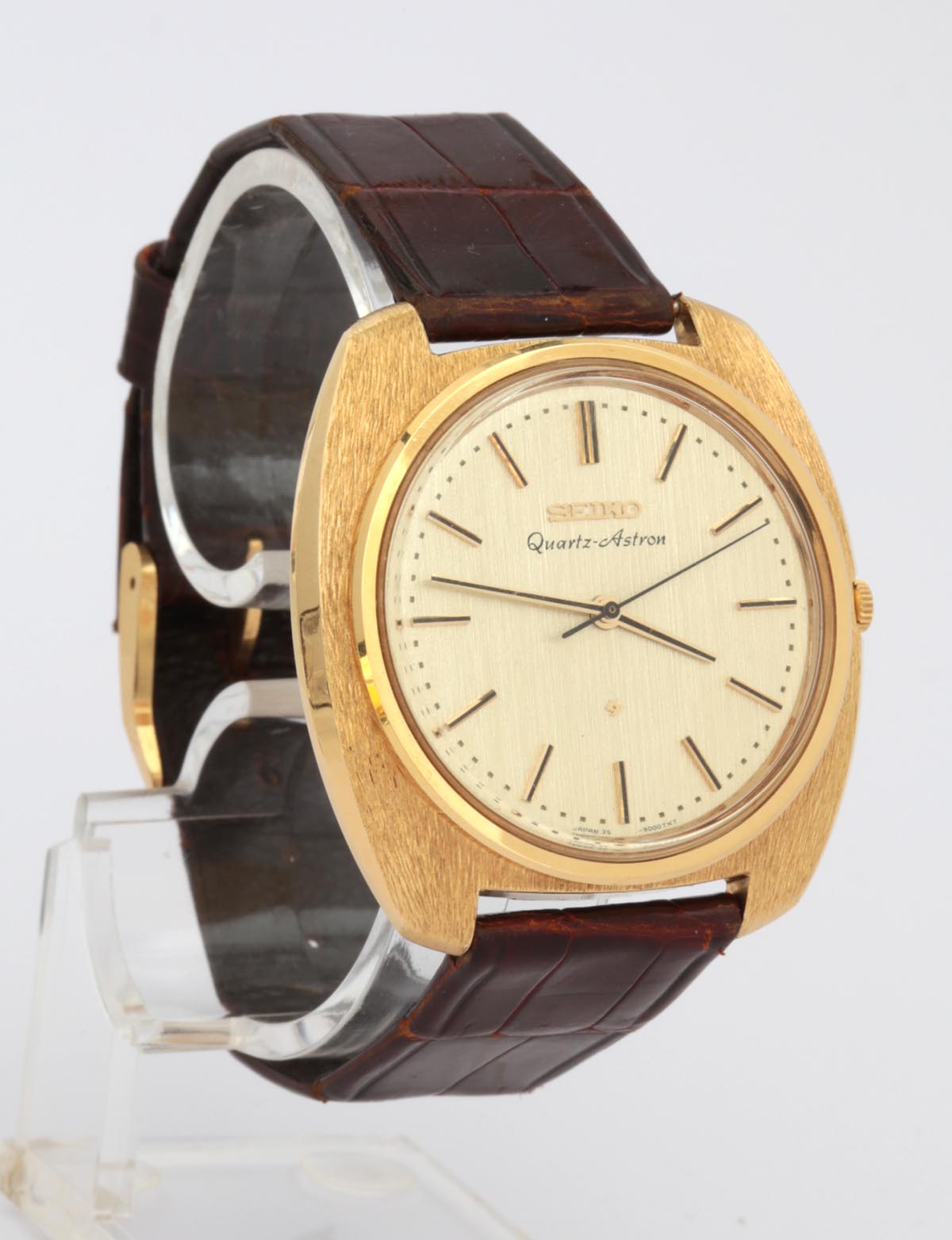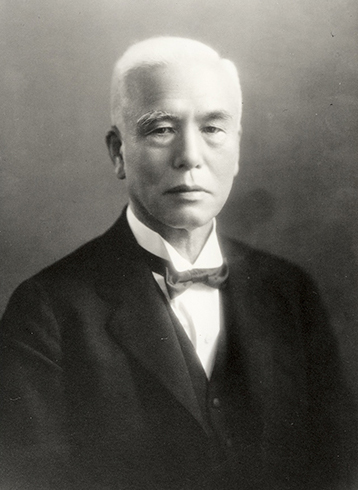|
Tanken Sekai
''Tanken sekai'' (World of Exploration) was a Japanese magazine of the early twentieth century, published by the Seikosha publishing house which was part of the still-extant Seiko empire. The magazine is considered to have both reflected and amplified the strong wave of patriotism which was felt in the Japanese society during and following the Russo-Japanese War of 1905. History and profile ''Tanken sekai'' was first published by Seikosha in May 1906. The magazine catered to a readership which was interested in "tales of Japanese adventure and exploration abroad and fantasies of imperialistic superiority and Japanese valor", as Jeffrey M. Angles, researcher of Japanese popular culture, put it. On its pages, fiction was mixed with more or less factual accounts of exploration, record-breaking achievements and "unusual customs" from around the world. As researcher Kawataro Nakajima has shown, the magazine's success inspired the appearance of rival magazines of the same kind, such a ... [...More Info...] [...Related Items...] OR: [Wikipedia] [Google] [Baidu] |
Seikosha
was a branch of the Japanese company Seiko that produced clocks, watches, shutters, computer printers and other devices. It was the root of the manufacturing companies of the Seiko Group. History *1881 — Kintarō Hattori opens the watch and jewelry shop " K. Hattori" (''Hattori Tokeiten'' in Japanese; currently named Seiko Holdings Corporation) in the Ginza area of Tokyo, Japan Japan is an island country in East Asia. Located in the Pacific Ocean off the northeast coast of the Asia, Asian mainland, it is bordered on the west by the Sea of Japan and extends from the Sea of Okhotsk in the north to the East China Sea .... *1892 — is established in Tokyo as the clock manufacturing arm of K. Hattori. *1917 — K. Hattori becomes a company (K. Hattori & Co., Ltd.). *1937 — The watch production division of Seikosha is split off as . *1942 — Daiwa Kogyo, Ltd. is founded in Suwa, Nagano by Hisao Yamazaki. *1943 — Daini Seikosha establishes ... [...More Info...] [...Related Items...] OR: [Wikipedia] [Google] [Baidu] |
Seiko
, commonly known as Seiko ( , ), is a Japanese maker of watches, clocks, electronic devices, and semiconductors. Founded in 1881 by Kintarō Hattori in Tokyo, Seiko introduced the world's first commercial quartz wristwatch in 1969. Seiko is widely known for its wristwatches. Seiko and Rolex are the only two watch companies considered to be vertically integrated. Seiko is able to design and develop all the components of a watch, as well as assemble, adjust, inspect and ship them in-house. Seiko's mechanical watches consist of approximately 200 parts, and the company has the technology and production facilities to design and manufacture all of these parts in-house. The company was incorporated (K. Hattori & Co., Ltd.) in 1917 and renamed Hattori Seiko Co., Ltd. in 1983 and Seiko Corporation in 1990. After reconstructing and creating its operating subsidiaries (such as Seiko Watch Corporation and Seiko Clock Inc.), it became a holding company in 2001 and was renamed Seiko Hol ... [...More Info...] [...Related Items...] OR: [Wikipedia] [Google] [Baidu] |
Patriotism
Patriotism is the feeling of love, devotion, and a sense of attachment to one's country or state. This attachment can be a combination of different feelings for things such as the language of one's homeland, and its ethnic, cultural, political, or historical aspects. It may encompass a set of concepts closely related to nationalism, mostly civic nationalism and sometimes cultural nationalism. Terminology and usage An excess of patriotism is called ''chauvinism''; another related term is ''jingoism''. The English language, English word "patriot" derived from "compatriot", in the 1590s, from Middle French in the 15th century. The French word's and originated directly from Late Latin "fellow-countryman" in the 6th century. From Greek language, Greek "fellow countryman", from "of one's fathers", "fatherland". The term ''patriot'' was "applied to barbarians who were perceived to be either uncivilized or primitive and who had only a common Patris or fatherland." The origi ... [...More Info...] [...Related Items...] OR: [Wikipedia] [Google] [Baidu] |
Russo-Japanese War
The Russo-Japanese War (8 February 1904 – 5 September 1905) was fought between the Russian Empire and the Empire of Japan over rival imperial ambitions in Manchuria and the Korean Empire. The major land battles of the war were fought on the Liaodong Peninsula and near Shenyang, Mukden in Southern Manchuria, with naval battles taking place in the Yellow Sea and the Sea of Japan. Russia had pursued an expansionist policy in Siberia and the Russian Far East, Far East since the reign of Ivan the Terrible in the 16th century. At the end of the First Sino-Japanese War, the Treaty of Shimonoseki of 1895 had ceded the Liaodong Peninsula and Lüshun Port, Port Arthur to Japan before the Triple Intervention, in which Russia, Germany, and France forced Japan to relinquish its claim. Japan feared that Russia would impede its plans to establish a sphere of influence in mainland Asia, especially as Russia built the Trans-Siberian Railway, Trans-Siberian Railroad, began making inroads in K ... [...More Info...] [...Related Items...] OR: [Wikipedia] [Google] [Baidu] |
Jeffrey M
Jeffrey may refer to: * Jeffrey (name), including a list of people with the name *Jeffrey's, Newfoundland and Labrador, Canada *Jeffrey City, Wyoming, United States *Jeffrey Street, Sydney, Australia * Jeffreys Bay, Western Cape, South Africa Art and entertainment * ''Jeffrey'' (play), a 1992 off-Broadway play by Paul Rudnick * ''Jeffrey'' (1995 film), a 1995 film by Paul Rudnick, based on Rudnick's play of the same name * ''Jeffrey'' (2016 film), a 2016 Dominican Republic documentary film * Jeffrey's sketch, a sketch on American TV show ''Saturday Night Live'' *'' Nurse Jeffrey'', a spin-off miniseries from the American medical drama series ''House, MD'' People with the surname * Alexander Jeffrey (1806–1874), Scottish solicitor and historian * Carol Jeffrey (1898–1998), English psychotherapist, writer *Charles Jeffrey (footballer) (died 1915), Scottish footballer *E. C. Jeffrey (1866–1952), Canadian-American botanist *Grant Jeffrey (1948–2012), Canadian writer * He ... [...More Info...] [...Related Items...] OR: [Wikipedia] [Google] [Baidu] |
Kawataro Nakajima
was a Japanese researcher of Japanese popular culture Popular culture (also called pop culture or mass culture) is generally recognized by members of a society as a set of cultural practice, practices, beliefs, artistic output (also known as popular art f. pop art F is the sixth letter of the Latin alphabet. F may also refer to: Science and technology Mathematics * F or f, the number 15 (number), 15 in hexadecimal and higher positional systems * ''p'F'q'', the hypergeometric function * F-distributi ...or mass art, sometimes contraste .... See also * Shunro Oshikawa References Popular culture studies Japanese writers Mystery Writers of Japan Award winners Edogawa Rampo Prize winners University of Tokyo alumni Kagoshima University alumni 1917 births 1999 deaths {{Japan-writer-stub ... [...More Info...] [...Related Items...] OR: [Wikipedia] [Google] [Baidu] |
Boken Sekai
{{disambig ...
Boken may refer to: * * *Boken, Rawalpindi, a town in Punjab, Pakistan *Boken, Jhelum, a village in Punjab, Pakistan *Bokken, a Japanese sword See also *Bokan (other) Bokan may refer to: Places *Boken, Rawalpindi, a village in Punjab, Pakistan *Bukan, a city in Iran People *Beau Bokan (born 1981), American musician and singer *Dragoslav Bokan (born 1961), Serbian film director and writer * Neda Bokan (born 1947 ... [...More Info...] [...Related Items...] OR: [Wikipedia] [Google] [Baidu] |
Hakubunkan
is a Japanese publishing company founded in 1887 amidst the wealth and military prosperity of the Meiji era. Hakubunkan entered the publishing arena by printing a nationalist magazine as well as expanding into printing, advertising, paper manufacturing, and related businesses, becoming one of Japan's largest publishing companies in the process. Hakubunkan Shinsha's primary business is now publication of various diaries, journals, and day planners, especially those from the era of the original Hakubunkan company. Hakubunkan is not related to the Osaka school teaching materials company Hakubun. History In 1887, founded the company in Yumi, Hongō, Tokyo (now part of Hongō, Bunkyō, Tokyo). The company was named after Itō Hirobumi, based on an alternate pronunciation of his given name. Hakubunkan began publishing the magazine in 1887 as well. One of the most famous stories to appear in the magazine was (also known as ''The Golden Demon'') by Ozaki Kōyō, who based two o ... [...More Info...] [...Related Items...] OR: [Wikipedia] [Google] [Baidu] |
1906 Establishments In Japan
Nineteen or 19 may refer to: * 19 (number) * One of the years 19 BC, AD 19, 1919, 2019 Films * ''19'' (film), a 2001 Japanese film * ''Nineteen'' (1987 film), a 1987 science fiction film * ''19-Nineteen'', a 2009 South Korean film * ''Diciannove'', a 2024 Italian drama film informally referred to as "Nineteen" in some sources Science * Potassium, an alkali metal * 19 Fortuna, an asteroid Music * 19 (band), a Japanese pop music duo Albums * ''19'' (Adele album), 2008 * ''19'', a 2003 album by Alsou * ''19'', a 2006 album by Evan Yo * ''19'', a 2018 album by MHD * ''19'', one half of the double album ''63/19'' by Kool A.D. * ''Number Nineteen'', a 1971 album by American jazz pianist Mal Waldron * ''XIX'' (EP), a 2019 EP by 1the9 Songs * "19" (song), a 1985 song by British musician Paul Hardcastle * "Stone in Focus", officially "#19", a composition by Aphex Twin * "Nineteen", a song from the 1992 album ''Refugee'' by Bad4Good * "Nineteen", a song from the 2001 al ... [...More Info...] [...Related Items...] OR: [Wikipedia] [Google] [Baidu] |
Defunct Magazines Published In Japan
{{Disambiguation ...
Defunct may refer to: * ''Defunct'' (video game), 2014 * Zombie process or defunct process, in Unix-like operating systems See also * * :Former entities * End-of-life product * Obsolescence Obsolescence is the process of becoming antiquated, out of date, old-fashioned, no longer in general use, or no longer useful, or the condition of being in such a state. When used in a biological sense, it means imperfect or rudimentary when comp ... [...More Info...] [...Related Items...] OR: [Wikipedia] [Google] [Baidu] |
Magazines Established In 1906
A magazine is a periodical literature, periodical publication, print or digital, produced on a regular schedule, that contains any of a variety of subject-oriented textual and visual content (media), content forms. Magazines are generally financed by advertising, newsagent's shop, purchase price, prepaid subscription business model, subscriptions, or by a combination of the three. They are categorised by their frequency of publication (i.e., as weeklies, monthlies, quarterlies, etc.), their target audiences (e.g., women's and trade magazines), their subjects of focus (e.g., popular science and religious), and their tones or approach (e.g., works of satire or humor). Appearance on the cover of print magazines has historically been understood to convey a place of honor or distinction to an individual or event. Term origin and definition Origin The etymology of the word "magazine" suggests derivation from the Arabic language, Arabic (), the broken plural of () meaning "depot, s ... [...More Info...] [...Related Items...] OR: [Wikipedia] [Google] [Baidu] |





